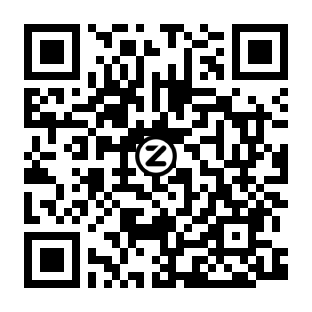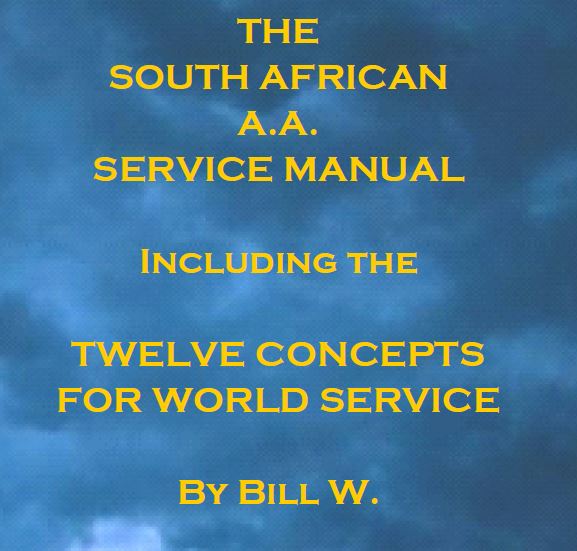AA Members
Contribute to GSO
Banking Details
Bank : FIRST NATIONAL BANK
Account Number: 62747 941046
Branch : Bracken City Branch
Number: 252242
Zapper QR Code

AA GUIDELINES
The General Service Conference (GSO) of AA compiles Guidelines for its members. As the “only requirement” of AA is the desire to stop drinking, AA Guidelines are just suggestions and come from the shared experiences of members.
There are AA Guidelines regarding the Internet, and social media is specifically addressed. According to the Eleventh Tradition of AA, “names and pictures of AA members ought not be broadcast, filmed, or publicly printed. The Guidelines state that, “As long as individuals do not identify themselves as AA members, there is no conflict of interest.” Therefore, AA suggests that people do not identify themselves as members of AA on any social networking sites, or anywhere else online that isn’t a password-protected forum for AA members only.
The Conference of AA in South Africa neither endorses nor opposes the use of social media; however we do recognise the need for caution when using it. The Conference has put forward the following suggestions for the safety of AA members in regards to the use of Social Media:
Social Media Guidelines
- Internet Guidelines
- Anonymity Online
- Understanding Anonymity
South African Service Manual

Other Guidelines
- Safety and AA
- Finance
- Groups
- Problems other than Alcohol
- Archives
- Cooperation with the Professional Community (CPC)
- Public Information
- Treatment Facilities (TF)
- Correctional Facilities (CF)



